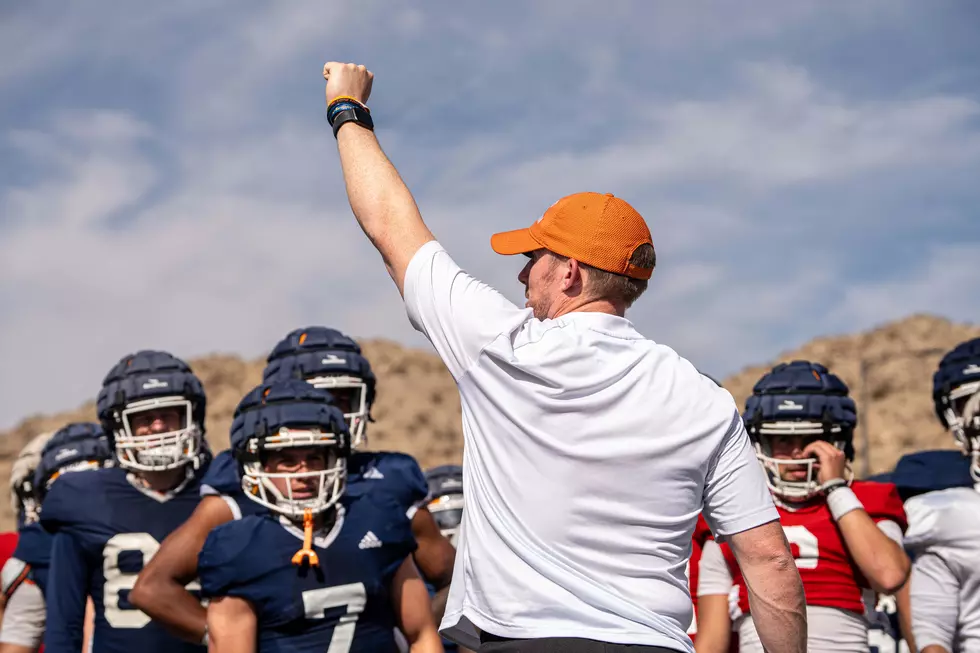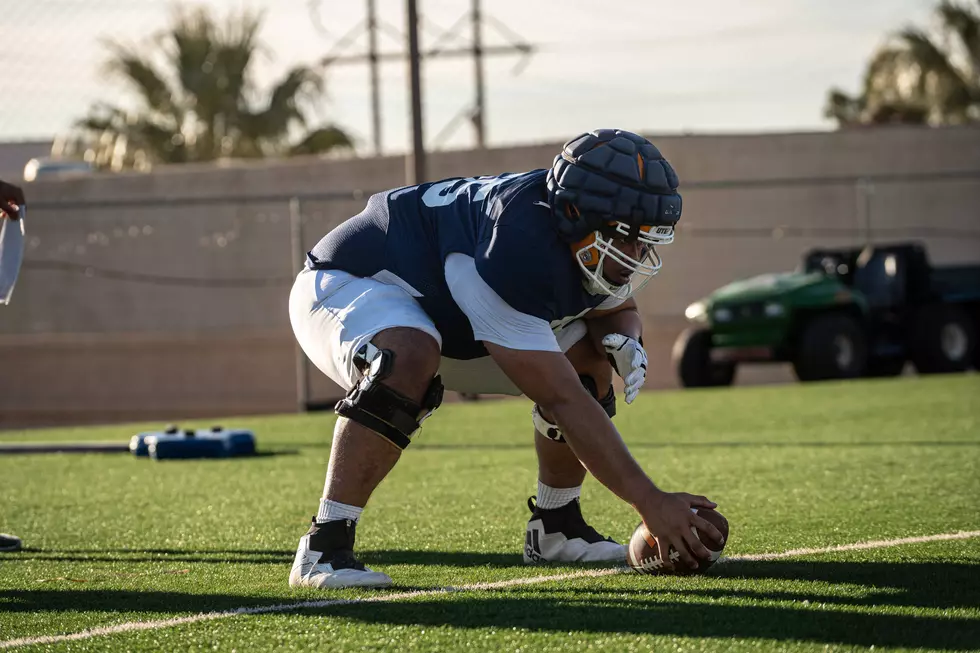
Sports Gambling is Legal, So Now What?
On Monday morning, the United States Supreme Court granted all 50 states the right to legalize sports gambling in a decision to strike down the federal law that prohibited sports gambling. In an ongoing battle for nearly three decades, the court ruled 6-3 to take away the Professional and Amateur Sports Protection Act (PASPA), which banned state-authorized sports gambling, with the exception of Nevada being the only state to allow wagers on games.
Justice Samuel Alito wrote for the Court:
"Congress can regulate sports gambling directly, but if it elects not to do so, each State is free to act on its own. Our job is to interpret the law Congress has enacted and decide whether it is consistent with the Constitution. PASPA is not."
States, like New Jersey, Delaware, Mississippi, New York, Pennsylvania and West Virginia, will be among the first that will attempt to test legal gambling within their states.
However, a ban in Texas is still in place against sports gambling, which could stay in place for a while. Currently, Texas’ state law on gambling prohibits any betting, gambling, promotion or related activity throughout the state, with strict enforcements on the law.
Those policymakers that advocate against the law argue that the Texas law is currently in place to protect its citizens, say gambling itself calls for unethical practices and many officials have been vocal about their resistance and doubts to any change. Those who are for the legalization of sports gambling argue that sports betting could be an economic boost.
Sports leagues, like the NFL, NBA and MLB have taken a heedful approach to the Supreme Court’s ruling, mostly to show protection for the sport and the desire to regulate the gambling in accordance with the sport.
Now online gambling could include a mainstream version to bet on things like Fantasy Sports, single-games and could even lead to more venues opening up for gambling purposes.
More From 600 ESPN El Paso









